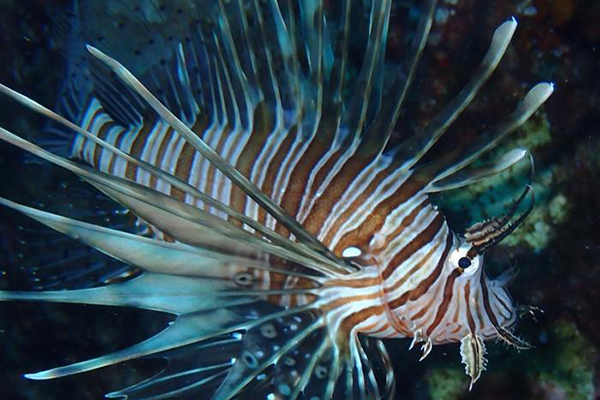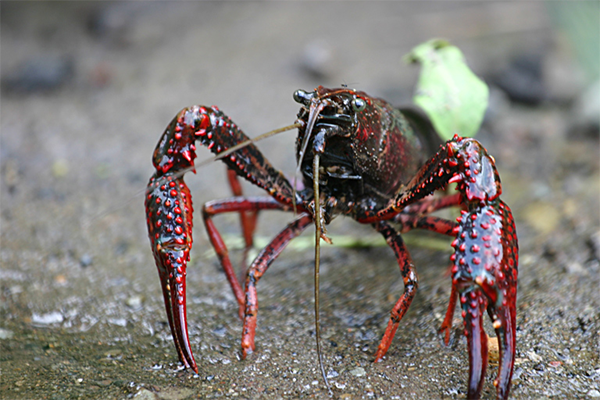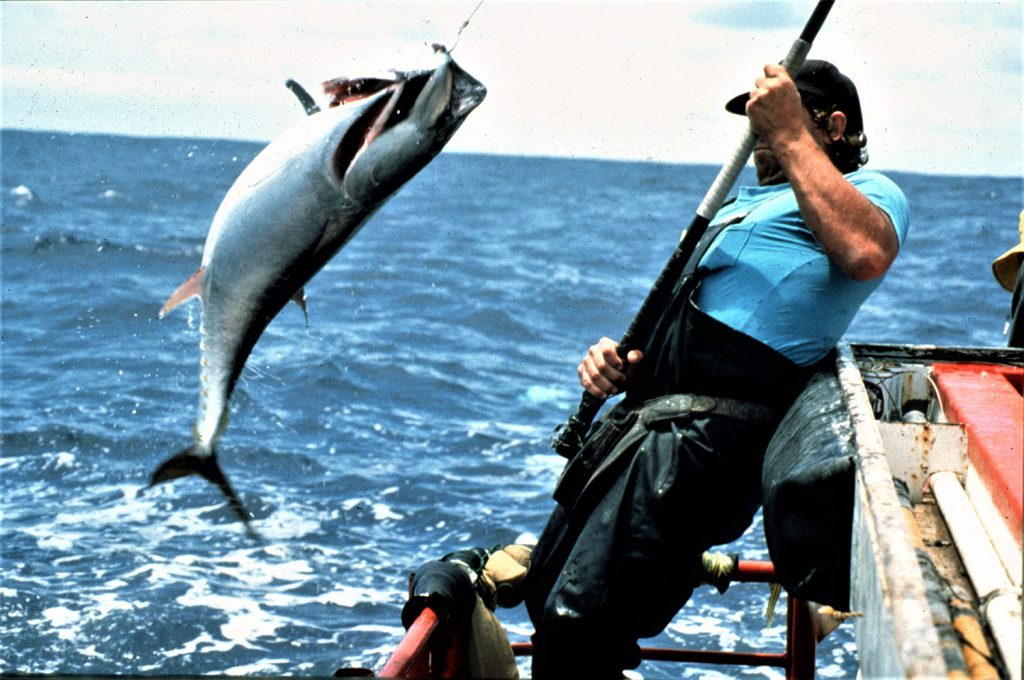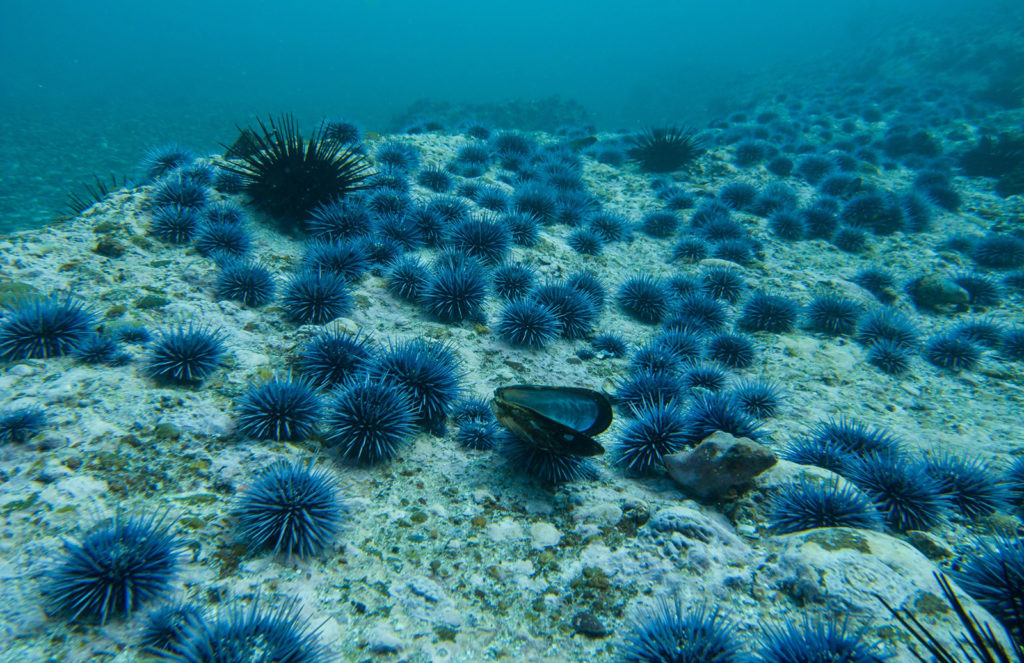A new study details the rapid spread of lionfish invasion in the Mediterranean and its potential ecological impacts

A new study from Wageningen University and Research indicates that the lionfish species Pterois miles has significantly expanded its territory in the Mediterranean since the invasion began around 10 years ago. The invasive species has established a presence in the eastern Mediterranean, with observations extending to colder waters previously believed to be unsuitable for the species.
Originating from the Indo-Pacific region, the lionfish species Pterois miles and Pterois volitans are regarded as the most effective invasive fish in marine environments, significantly harming local fish populations and biodiversity wherever they go.
Lionfish are adaptable predators that harm ecosystems by eating large numbers of local fish, including some crucial for conservation. Native fish don’t recognize lionfish as a threat, so they don’t try to escape from them.
“After years studying these predators, I find it amazing how they can easily adjust to so many different environments and be successful in areas that are so different from the ones where they evolve,” said lead author Davide Bottacini. “It is always impressive to see how such a flamboyant and–to us–conspicuous predator can approach its prey without being noticed.”
The Mediterranean Sea, the largest enclosed sea in the world, is a unique ecosystem with rich biodiversity. It hosts over 11,000 animal species, including some that exist nowhere else. Genetic research shows that the lionfish in the Mediterranean came from the Red Sea and likely entered through the Suez Canal.
Undervalued and invasive species hold value for products consumers want, say researchers
Through a detailed review of existing scientific data, the researchers identified gaps in the understanding of the lionfish’s interactions with Mediterranean ecosystems and have proposed future research directions to address these challenges. Such information provides insights vital for biodiversity conservation and will have practical implications for policymakers aiming to devise sound and efficient mitigation plans.
The study also highlights the crucial role of citizen science initiatives in tracking and reporting lionfish sightings, providing valuable data that supports ongoing research efforts. Such community involvement is essential for enhancing understanding of the invasion dynamics and devising effective control measures.
Now that you've reached the end of the article ...
… please consider supporting GSA’s mission to advance responsible seafood practices through education, advocacy and third-party assurances. The Advocate aims to document the evolution of responsible seafood practices and share the expansive knowledge of our vast network of contributors.
By becoming a Global Seafood Alliance member, you’re ensuring that all of the pre-competitive work we do through member benefits, resources and events can continue. Individual membership costs just $50 a year.
Not a GSA member? Join us.
Author
-
Responsible Seafood Advocate
[103,114,111,46,100,111,111,102,97,101,115,108,97,98,111,108,103,64,114,111,116,105,100,101]
Tagged With
Related Posts

Intelligence
Research sheds light on how the red swamp crayfish infiltrated Japanese waters
A group of researchers in Japan has discovered genes that may help the red swamp crayfish produce protective proteins and adapt to the cold.

Fisheries
Study: Most marine fish are responding to ocean warming by relocating toward the poles
Fish populations are responding to ocean warming by shifting toward the earth’s poles or moving to deeper waters – all in a bid to stay cool.

Fisheries
Genomes of various major fish species in world fisheries and aquaculture
Study assesses the use of genetic resources and the applications and challenges of genomics in aquaculture and fisheries.

Responsibility
Can ranching ‘zombie urchins’ boost uni, save kelp forests?
With Norwegian knowledge and a partnership with Mitsubishi, Urchinomics aims to turn worthless empty urchins into valuable seafood while restoring kelp forests and creating jobs.



